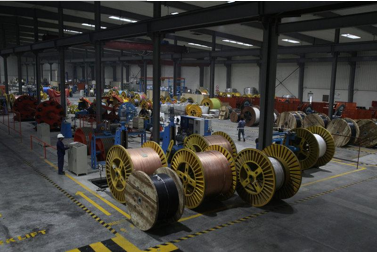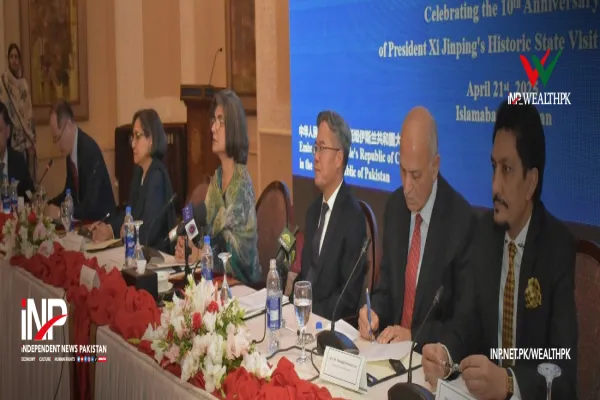i INP-WEALTHPK
Ayesha Saba
Pakistan can boost its export-led growth by adapting global economic models to its local strengths.

"Pakistan must act swiftly to restructure its export strategy. Cluster-based development offers a proven framework to enhance efficiency, innovation, and global market access,” stressed M Alamgir Chaudhry, Chief Executive Officer of the National Productivity Organisation, the Ministry of Industries & Production.
Speaking to WealthPK, he said a cluster-based approach is vital to unlock the country’s export potential. He argued that rather than a broad and fragmented industrial development model, Pakistan must focus on developing specialised export clusters – geographically concentrated groups of interconnected businesses, suppliers, and institutions in specific sectors.
Alamgir explained that successful export economies, such as Vietnam and Bangladesh, have significantly benefited from nurturing industrial clusters, particularly in textiles, electronics, and footwear. “These clusters not only drive efficiency and innovation but also facilitate skill development and supply chain linkages.”
“In Pakistan, however, the absence of a well-planned industrial clustering has left several export-oriented sectors scattered and inefficient. For example, the textile sector, although a lifeline of exports, remains geographically dispersed and often suffers from inconsistent infrastructure and logistical support,” he noted.
To address this, he advocated for the establishment of export-specific industrial zones, with customised policy and infrastructure support. He highlights Sialkot’s sports goods industry as a local example of successful clustering, where proximity between manufacturers, suppliers, and export facilitators has resulted in a globally competitive sector. However, he believed such examples remain rare and under-leveraged.
Equally important, according to him, is market access facilitation. “Clusters must be connected to global value chains through trade agreements, participation in international expos, and support for branding and certification. Without this external link, even the most efficient clusters risk being locked into low-value segments of the global trade network.”
Speaking with WealthPK, Dr Hassan Daud Butt, former project director of CPEC, and senior adviser at Sustainable Development Policy Institute, said the success of China’s industrial clusters, particularly in sectors such as electronics, automotive, and textiles, demonstrates the effectiveness of this approach.
“By emulating China’s model and tailoring it to Pakistan’s specific context, the country can overcome its industrial challenges and unlock its potential for sustained economic growth.” “Implementing such a model in Pakistan would require a concerted effort from both the public and private sectors.
Key challenges, such as land acquisition, infrastructure development, and regulatory reforms, would need to be addressed to create an enabling environment for industrial clusters to thrive,” Butt pointed out. He urged the government to expand vocational and technical education targeted at cluster needs. “In tandem, research institutions should be encouraged to work closely with industries to promote innovation and productivity,” he said.
Credit: INP-WealthPk









